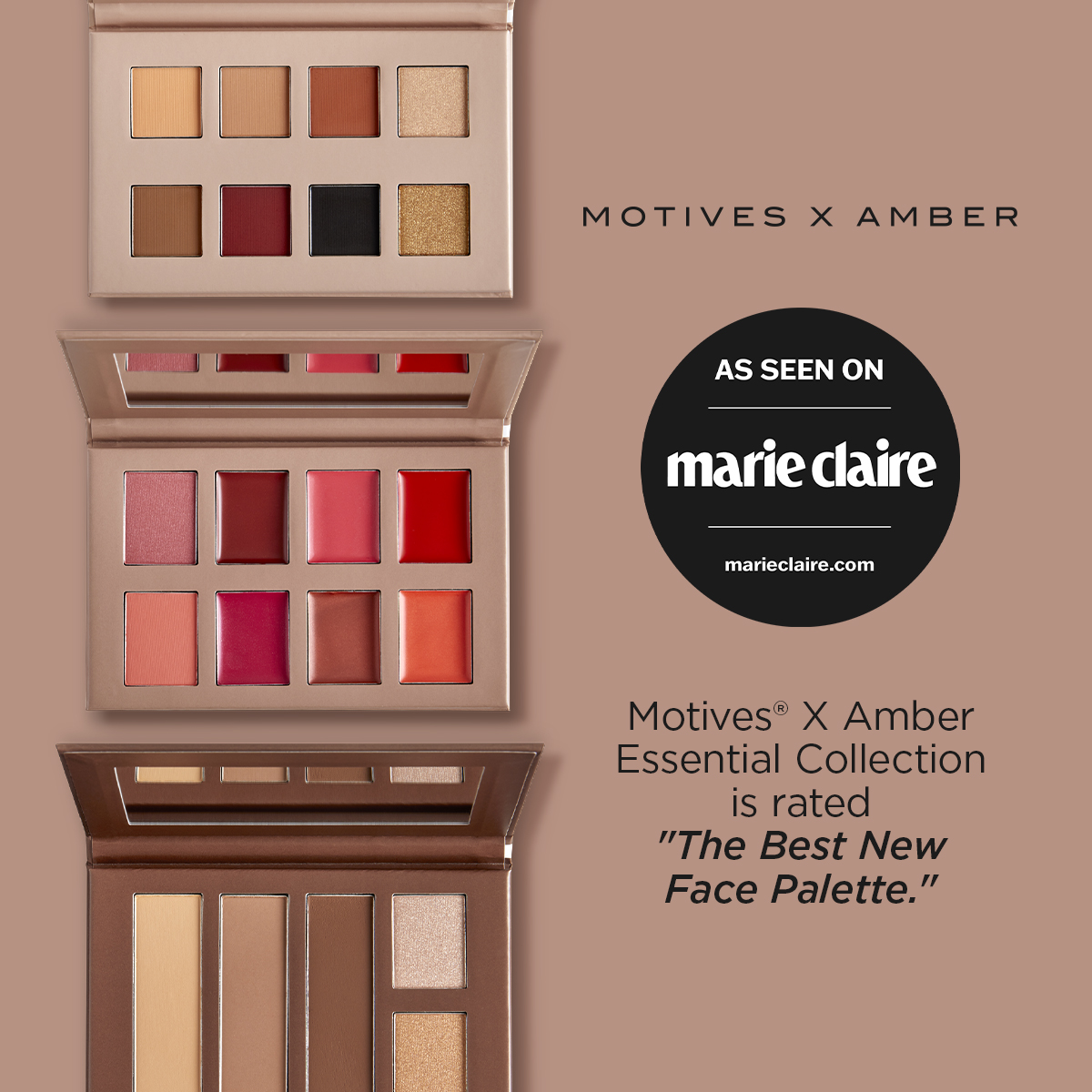It’s an exciting time of year – the sun is shining, the days are noticeably longer and who can get enough of the sun? From the time spent out on the boat to gardening all afternoon; sunscreen should be everyone’s number one priority. And while being outside has its perks, a scorching sunburn or worse yet skin damage, can be a total reality check. Now that you know to wear sunscreen, how do you know which is best for ultimate ultraviolet (UV) protection? Take a look at the breakdown: mineral vs. chemical sunscreens and decide for yourself which suits you and your lifestyle.
Chemical:
Using chemical filters, this type of sunscreen absorbs the sun’s rays.
Some of the chemical filters often found in this type of sunscreen include: Octylcrylene, Avobenzone, Octinoxate, Octisalate, Oxybenzone, Homosalate, Helioplex, 4-MBC, Mexoryl SX and XL, Tinosorb S and M, Uvinul T 150, Uvinul A Plus
Protection is not immediate – you typically have to wait 20-30 minutes after application for full coverage.
Often causes allergic reactions in many people and can be irritating to the skin and eyes.
Depending upon the chemicals in use, this type of sunscreen may offer more protection against both UVB and UVA rays. Look for “Full Spectrum” coverage on the label.
Can be colorless and even odorless – or have added fragrance.
This is a pretty safe option as far as protection goes, but keep in mind that your body is absorbing these chemicals. Many of which have not been approved by the FDA.
Mineral:
This type of sunscreen works in a different way – it actually physically blocks the sun’s rays.
No need to wait 30 minutes with this stuff – it works immediately.
Sometimes this is referred to as sunblock or physical sunscreen.
Typically the ingredients include Zinc oxide (ZnO) and/or Titanium dioxide (TiO2)
Some people experience skin irritation or breakouts from Titanium Dioxide, but most have no issues with Zinc oxide.
You can count on Zinc oxide for protection against the full spectrum of UV rays, while Titanium dioxide only provides protection against UVB.
Mineral sunscreens are FDA approved, but are pretty thick and can leave white streaks. This type of sunscreen has to be reapplied more frequently than chemical-based sunscreens.
So – now that you know the details, which sunscreen will work best for your lifestyle?






